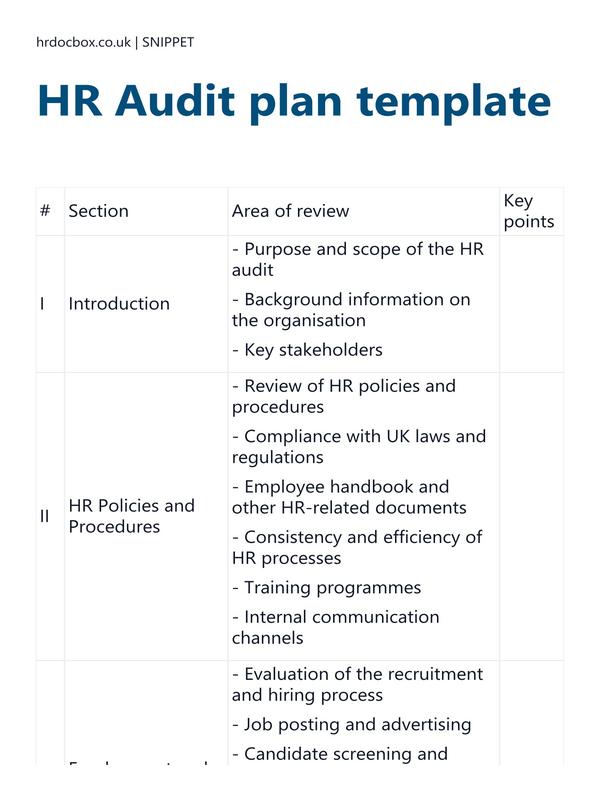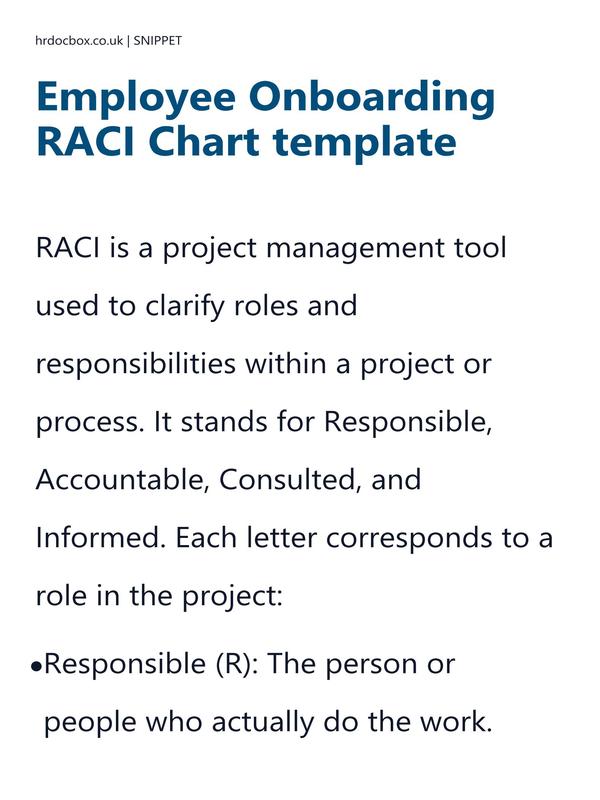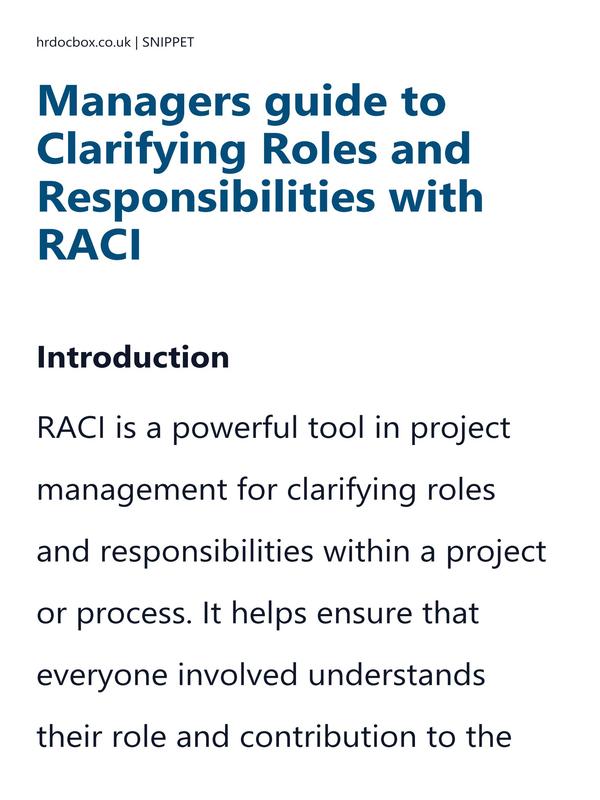HR strategy and project templates toolkit
Our HR Strategy Templates Toolkit optimises workforce planning, ensuring effective and goal-oriented HR strategies.
Our HR strategy templates toolkit covers a range of topics including workforce planning, talent management, succession planning, and more. Our easy-to-use templates provide clear guidelines for creating a successful HR strategy and help ensure that your HR initiatives align with your organisation's overall objectives.
With our HR strategy templates toolkit, you can streamline your HR processes, reduce costs, and improve employee engagement and retention.
- Includes 12 months' access to 22 HR Strategy And Project templates, with all updates to the HR strategy and project templates toolkit provided free of charge and notified to you.
- UK-specific accuracy.
- Instantly download templates as Word / PDF / plain text, or send by email.
- These HR strategy and project templates toolkit will SAVE you up to 15 hours drafting & research, save you money, and reduce your risk.
HR strategy and project
Human Resources (HR) strategy refers to a set of planned and coordinated initiatives and activities designed to align an organisation's human capital with its overall business objectives. It involves the systematic management of human resources to maximise employee performance, engagement, and contribution to the organisation's success. HR strategy plays a crucial role in supporting the overall strategic goals and objectives of the company.
HR strategy templates are documents or frameworks that can be used to create an HR strategy for an organisation. These templates typically provide a structure for developing an HR strategy that aligns with the overall business objectives and goals of the organisation.
HR strategy templates can be customised to meet the specific needs of an organisation and can serve as a useful starting point for developing an HR strategy that aligns with the organisation's goals and objectives.
HR strategy and project templates are essential for managing a low-risk, compliant HR strategy and project process.
Compliance
Compliance
-
Employment Laws: HR strategy should be aligned with employment laws and regulations, including the Equality Act 2010, the Employment Rights Act 1996, and the Working Time Regulations 1998.
-
Data Protection: HR strategy should comply with the General Data Protection Regulation (GDPR) and the Data Protection Act 2018, which set out the rules for collecting, processing, and storing personal data of employees and job applicants.
-
Pay and Benefits: HR strategy should align with the National Minimum Wage and the National Living Wage, as well as any other legal requirements related to pay and benefits, such as sick pay, maternity pay, and holiday pay.
-
Health and Safety: HR strategy should align with health and safety regulations, such as the Health and Safety at Work etc. Act 1974, and any additional requirements specific to the organization's industry or sector.
-
Trade Unions and Collective Bargaining: HR strategy should consider the rights of trade unions and the collective bargaining process, which is governed by the Trade Union and Labour Relations (Consolidation) Act 1992. Employers must follow specific procedures when negotiating with trade unions or employee representatives on employment matters.
-
Immigration Laws: HR strategy should comply with immigration laws, including the requirements for right to work checks on new employees and sponsorship obligations for employers hiring non-EEA nationals.
Frequently Asked Questions about HR Strategy And Project templates
Frequently Asked Questions about HR Strategy And Project templates
-
Can small businesses use these HR strategy and project templates?
Yes. The HR strategy and project templates in this toolkit are designed to be flexible and suitable for organisations of all sizes, including small businesses and charities. They follow UK employment law best practice, so even if you don't have an in-house HR team, you can confidently manage HR strategy and project processes and issues.
-
Are these HR strategy and project templates up to date for UK law in 2026?
Absolutely. All templates are drafted with the latest ACAS guidance and UK employment legislation in mind. We review and update them regularly, so you can be confident they remain compliant.
-
What types of HR strategy and project letters and documents are included?
Every toolkit includes a complete set of editable templates, supporting documents, and manager guidance designed to save time and ensure compliance.
-
How will this help me as an HR manager or business owner?
Purchasing the toolkit saves you hours of drafting time and reduces the risk of legal mistakes. Instead of starting from scratch, you'll have clear, professional templates that you can adapt to your business.
-
Do I get instant access to the templates?
Yes. Once purchased, you'll be able to download the HR strategy and project toolkit instantly. The templates are provided in editable Word or Excel format so you can customise them easily, and PDF format for easy sharing.
-
Can I preview a sample HR strategy and project template before buying?
We provide free examples of our templates here. This gives you a sense of the quality and layout before you commit to purchasing the full toolkit.
-
What if I need a full HR toolkit, not just HR strategy and project templates?
If you're looking for broader support, we also offer library bundles that include HR strategy and project templates along with absence, grievance, and other HR policies. These may be more cost-effective if you need a complete HR library.
-
Why should I use these templates, and not AI to generate them?
The risk of using free AI-generated templates 'without review' includes your legal exposure, missing context, and no awareness of the wider process. Purchasing from us mitigates that risk.



-report-template-preview.jpg)


